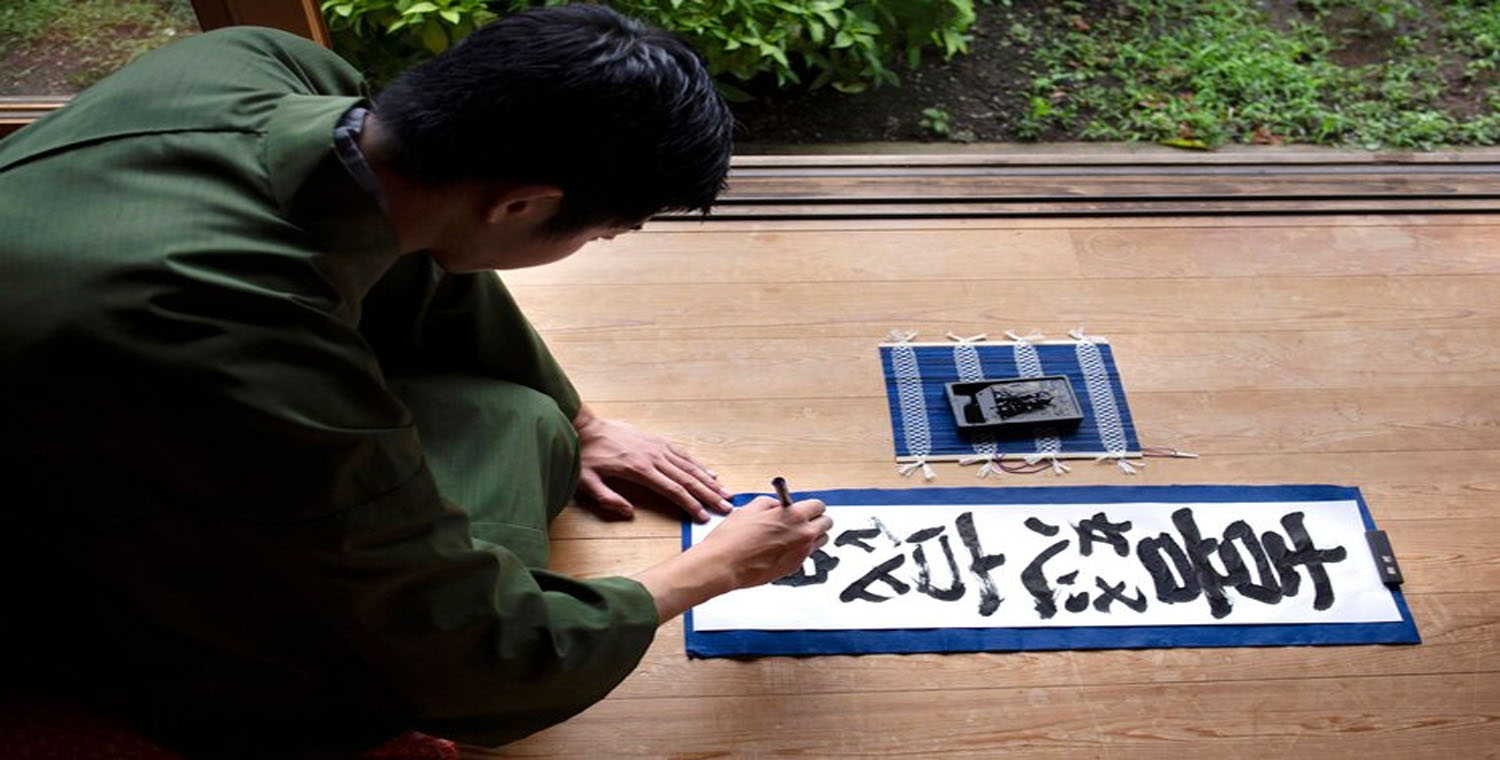In the vibrant landscape of Turkish literature and cultural commentary, few works capture the essence of national identity and the nuanced complexities of societal behavior like Utanmaz Türklere. This phrase, which translates to “Shameless Turks,” serves as a satirical lens through which we can explore the multifaceted nature of Turkish identity, societal norms, and the interplay of humor and critique. In this blog post, we will delve into the themes encapsulated by Utanmaz Türklere, examining its implications on cultural identity and the role of satire in shaping societal narratives.
Understanding the Context of “Utanmaz Türklere”
Cultural Identity in Turkey
Cultural identity in Turkey is a mosaic of traditions, languages, and historical experiences. From the rich Ottoman heritage to the influences of modernity, Turkish identity is characterized by its contradictions and vibrant expressions. The phrase Utanmaz Türklere suggests a certain irreverence that can be interpreted in various ways—celebrating boldness while critiquing moral ambiguity.
The interplay of humor and social critique in Turkish culture often reflects broader societal attitudes, norms, and taboos. Satire has long been a powerful tool in Turkish literature, enabling writers and commentators to address sensitive topics and provoke thought. Understanding Utanmaz Türklere requires not only a grasp of Turkish cultural nuances but also an appreciation for the ways satire can transcend mere entertainment to offer critical insights into identity and morality.
The Role of Satire in Turkish Literature
Satire has a storied tradition in Turkish literature, with figures like Aziz Nesin and Orhan Kemal employing humor to address social injustices and political issues. Utanmaz Türklere fits into this lineage, serving as a rallying cry that encourages reflection on the behaviors and attitudes that define the Turkish experience. By embracing the label of “shamelessness,” the phrase invites a conversation about authenticity, pride, and the societal expectations that often dictate behavior.
In contemporary society, where rapid modernization meets deep-rooted traditions, Utanmaz Türklere resonates as a critique of the tension between old values and new realities. It challenges individuals to confront the often-uncomfortable truths about their own identities and the cultural narratives they uphold.
The Themes of “Utanmaz Türklere”
1. Identity and Authenticity
At its core, Utanmaz Türklere raises questions about what it means to be authentically Turkish in a world where globalization is erasing borders and homogenizing cultures. The concept of shamelessness can be interpreted as a rejection of societal pressures to conform, urging individuals to embrace their true selves.
In this context, Utanmaz Türklere becomes a celebration of the diversity within Turkish identity—acknowledging that being Turkish can mean different things to different people. Whether it’s through language, customs, or values, the phrase encapsulates a rejection of monolithic definitions of identity.
2. Critique of Societal Norms
The term Utanmaz Türklere also serves as a critique of societal norms that dictate acceptable behavior. In a society where appearances often hold significant weight, the idea of being shameless prompts a re-evaluation of what it means to live authentically. It challenges the status quo, asking individuals to question societal expectations and the moral frameworks that govern their lives.
Through satire, this phrase encourages conversations about hypocrisy, double standards, and the often-unspoken rules that dictate social behavior. By confronting these norms head-on, Utanmaz Türklere fosters a critical dialogue about the pressures of conformity and the importance of individual expression.
3. Humor as a Coping Mechanism
In times of societal tension, humor becomes an essential coping mechanism. The humor embedded in Utanmaz Türklere provides a means for individuals to navigate the complexities of modern life while addressing difficult truths. It allows for a lighter examination of serious issues, creating space for both laughter and reflection.
Satirical portrayals of shamelessness in Turkish culture can also serve to unite people through shared experiences. By recognizing the absurdities of life, individuals find common ground, fostering a sense of community and resilience.
Contemporary Relevance of “Utanmaz Türklere”
1. Social Media and Digital Satire
In the age of social media, the implications of Utanmaz Türklere have expanded beyond traditional literature. Digital platforms offer new avenues for satire, enabling individuals to engage with cultural identity in real-time. Memes, videos, and viral content often highlight the absurdities of contemporary Turkish life, echoing the sentiments of Utanmaz Türklere.
Social media has democratized satire, allowing a broader range of voices to participate in cultural commentary. This shift has resulted in an explosion of content that both reflects and critiques Turkish identity, reinforcing the relevance of Utanmaz Türklere in today’s discourse.
2. The Global Stage
As Turkish culture gains recognition on the global stage, the concept of Utanmaz Türklere takes on new significance. International audiences are increasingly drawn to the complexities of Turkish identity, and satirical works provide a valuable lens through which to understand these dynamics.
By exploring themes of shamelessness and authenticity, Turkish satire challenges stereotypes and encourages a more nuanced understanding of what it means to be Turkish. This broader perspective fosters cultural exchange and dialogue, further enriching the global conversation around identity.
Conclusion: Embracing “Utanmaz Türklere”
In examining Utanmaz Türklere, we uncover a rich tapestry of cultural identity, societal critique, and the power of satire. The phrase embodies the complexities of being Turkish in a rapidly changing world, urging individuals to embrace authenticity while questioning societal norms.
As Turkey navigates the challenges of modernity, Utanmaz Türklere serves as both a mirror and a magnifying glass, reflecting the multifaceted nature of Turkish identity while amplifying voices that challenge the status quo. Through humor and critique, we can better understand ourselves and the world around us, making Utanmaz Türklere not just a phrase, but a powerful call to explore the depths of cultural identity.
As we continue to engage with the themes of Utanmaz Türklere, let us celebrate the diversity and complexity of our identities, using satire as a tool for reflection, connection, and, ultimately, understanding.










